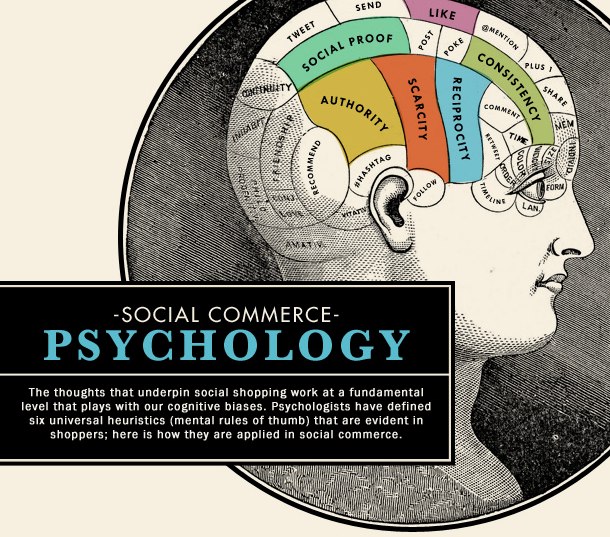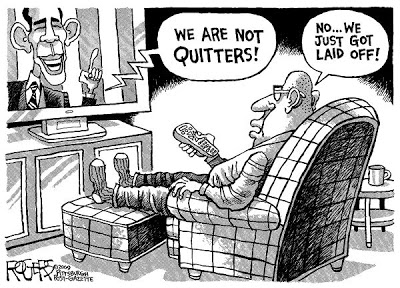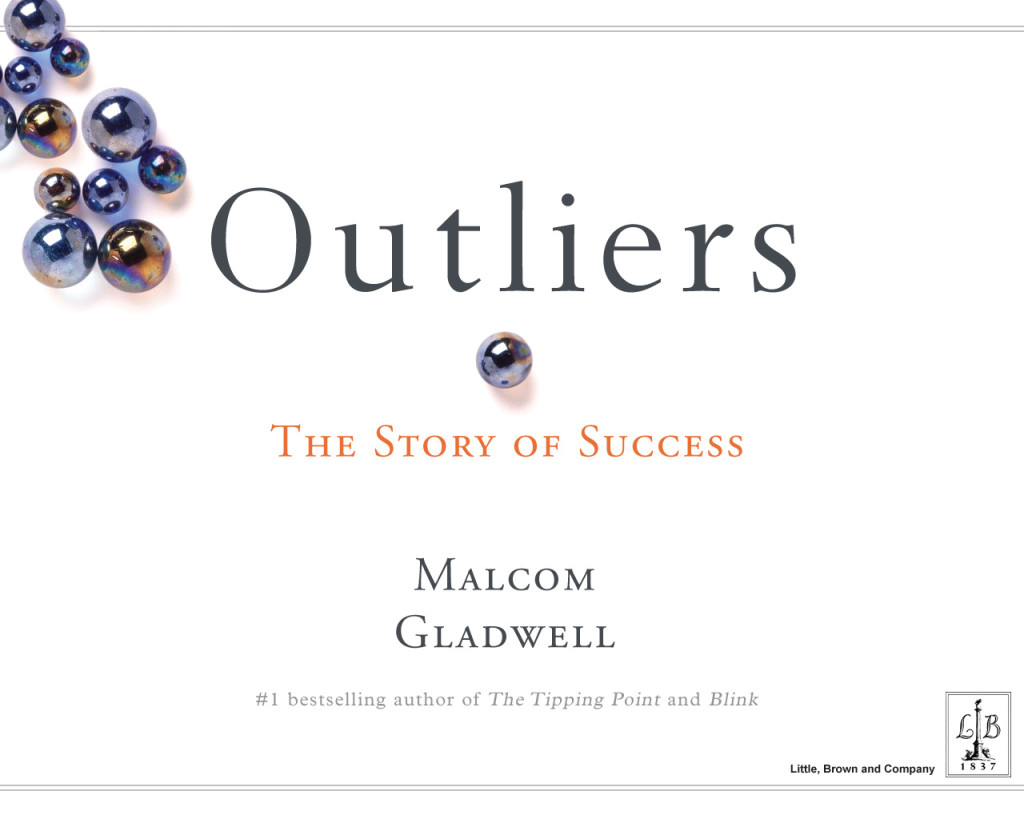
Courtesy of OxfordSEOBlog
As a current student in humanities, I have generated an interest in its various fields like sociology, psychology, anthropology and geography. Being a marketer and communicator, my focus is to see how these wider fields in social sciences influence the outcomes of consumers and markets. By understanding the various dimensions of human behaviours in individual, group and community settings, I hope to devise strategies and tactics that can match those characteristics.
After viewing the blockbuster exhibition Liquid Desires featuring Salvador Dali at the NGV, I learnt that much of his art was influenced by ideas which stemmed from Sigmund Freud. Being curious to learn more about Freud’s theories and influences – without going too deep into the intricacies of psychology – I picked up a slim volume titled Introducing Freud by Richard Appignanesi and Oscar Zarate. Heavily illustrated in a highly whimsical fashion, the book described the life of Freud as well as his major contributions as the father of the psycho-analytical movement.








